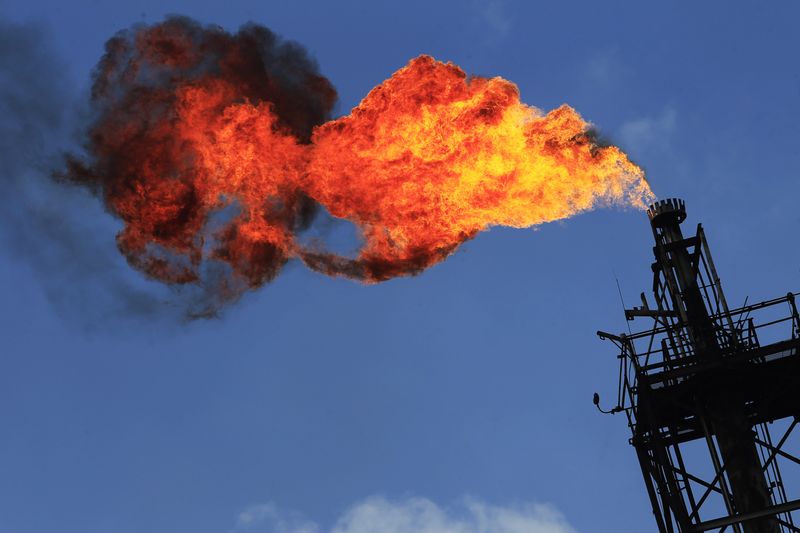Minister Bayraktar: "Energy Prices Will Remain Unchanged in January"
Foreks - The Minister of Energy and Natural Resources, Alparslan Bayraktar, met with journalists in Istanbul to discuss the approach to energy in the reconstruction of Syria. He noted that a delegation would visit the region soon to examine energy infrastructures and that he might lead this delegation. The minister emphasized that they are working to leverage Syria's oil and natural gas resources for the country's reconstruction.
Bayraktar answered questions on various topics, ranging from energy support to new discoveries. He pointed out that approximately 60% of Syria is in the dark and that Turkey has begun efforts to restore electricity there. He mentioned that a delegation from Turkey would soon go to Syria to identify deficiencies on the ground. "We need to quickly connect areas without electricity to the grid. Initially, we will do this through imports. With medium-term plans, we are also working on increasing the installed electricity capacity and production capacity there. We have a strong private sector, and with their dynamism and the experience of our state institutions, we will work together in the long term on building Syria’s energy infrastructure," he stated.
Regarding electricity supply to northern Syria, Bayraktar indicated that Turkey is already providing electricity there. "We have been supplying approximately 210 megawatts of electricity for a while. We provide electricity at three transmission points and four distribution points in the regions, and we are currently working to increase their capacity." He also mentioned the possibility of supplying electricity from Syria to Lebanon.
On the topic of Syria's oil and natural gas resources, the Energy Minister indicated that they aim to develop projects to utilize these resources for Syria’s reconstruction. He noted that daily oil production in Syria used to reach 600,000 barrels at the beginning of the 2000s, but this figure has now fallen to around 30,000 barrels due in part to inefficient management and damage from the war. "We are acting with a vision to harness Syria's potential for economic development and to use the resources obtained for Syria's growth and reconstruction," he explained. Bayraktar added that Syrian oil could also be exported through the Iraq-Turkey oil pipeline.
Bayraktar reminded that support based on consumption will continue, targeting consumers with annual usage exceeding 5,000 kilowatt-hours to shift to a cost-based model. With regards to natural gas, the situation varies by province, and they plan to offer higher prices based on a tiered system for above-average consumers. He stated that the new regulation will affect only 3% of total subscribers, while 97% would see no change, adding that the government covers 60% of electricity costs for the lower tiers of consumption.
He revealed that in 2024, the government would provide direct support of 431 billion lira to citizens for electricity and natural gas, with further support in 2025 confirmed.
Touching on natural gas storage, he emphasized that storage levels are above 90%, indicating no expected issues for winter. He mentioned the uncertainties surrounding Iran but noted that, despite only receiving half of the contracted volume, they do not foresee risks for the winter. He stated, “We do not expect any price changes in energy in January.”
Bayraktar also discussed production in the Black Sea, mentioning that production capacity in the Sakarya Gas Field has reached 7 million cubic meters and is projected to exceed 9 million cubic meters by the first quarter of 2025. He stated that the current production meets the needs of approximately 2.9 million households and that they are preparing a floating production platform, which will increase daily production to between 9.5 and 10 million cubic meters. He mentioned plans for more than 40 additional wells through to 2028, including exploratory drilling in locations known for oil.
Regarding collaboration with the U.S., he noted ongoing infrastructure work related to the natural gas center, indicating that discussions with different countries have arisen as a result of operations in the Black Sea and Somali regions.
The Minister also highlighted that 2025 will be a crucial decision year for Turkey's nuclear energy strategy, with the Akkuyu nuclear plant's first unit expected to go online in 2025. At full capacity, the plant’s four reactors will supply 10% of Turkey's electricity needs, which will significantly reduce gas imports.
Finally, Bayraktar spoke about Turkey's gold exploration activities in Niger, announcing the signing of agreements for three new gold sites in the Agadez region and aims to start production in 2025.


